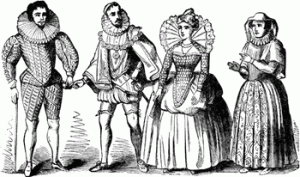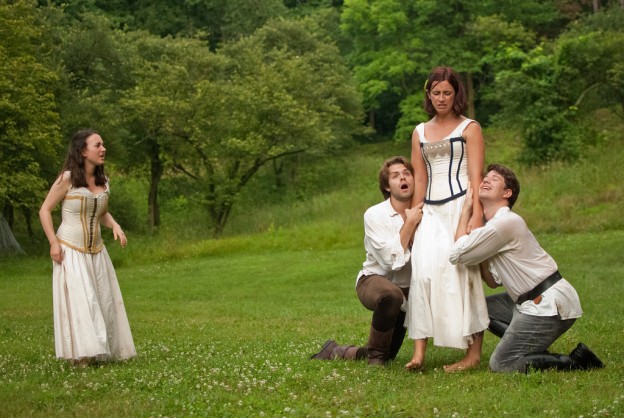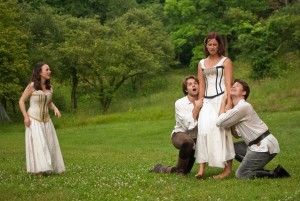Processing Measure for Measure as a twentieth century female is terrible. It is uncomfortable to say the least, to watch a pious virginal woman be forced to choose between her brother’s life and her agency over her body. Not only does Angelo want Isabella’s, body and virginity, but he also wants her consent. He wants Isabella to want to have sex with him—freeing him of guilt perhaps? And so, Isabella, in quiet the bind, decides to manipulate the situation and the comedic trick titled ‘The Bed-Trick’ by A.D. Nuttall, in his article for the Shakespeare Survey, occurs.
Tag Archives: Marriage
Cressida as a Commodity in Shakespeare’s “Troilus and Cressida”
Man’s desire for Helen has fueled a 7-year battle between Sparta and Troy in Shakespeare’s play Troilus and Cressida, but it is the objectification of Cressida and the roles men have in her life that Shakespeare uses to comment on the patriarchal values of society. The act of marriage and the exchange of women maintained the patriarchal structures of both the play’s setting in Ancient Greece and Jacobean England in which Shakespeare was writing. Continue reading
Marriage and Mourning
 The themes of marriage and same-sex relationships in Shakespeare’s The Merchant of Venice warrant the discussion of same-sex marriage. While there is no explicit condoning of same-sex marriage, Arthur L. Little argues that the concept of same-sex relationships is used to challenge the very institution of marriage within the play.
The themes of marriage and same-sex relationships in Shakespeare’s The Merchant of Venice warrant the discussion of same-sex marriage. While there is no explicit condoning of same-sex marriage, Arthur L. Little argues that the concept of same-sex relationships is used to challenge the very institution of marriage within the play.

Problematic Endings
In The Shakespearean Marriage (1998), Lisa Hopkins powerfully problematizes the “happy ending” of Shakespearean Comedies:
The audience is repeatedly encouraged to expect that the proceedings will be appropriately closed with a wedding—but these expectations are then either disappointed, or gratified in such a way that the spectator will be forced to question both the meaning of the events he or she has witnessed and also the assumptions underlying his or her response to the events. (17) Continue reading

